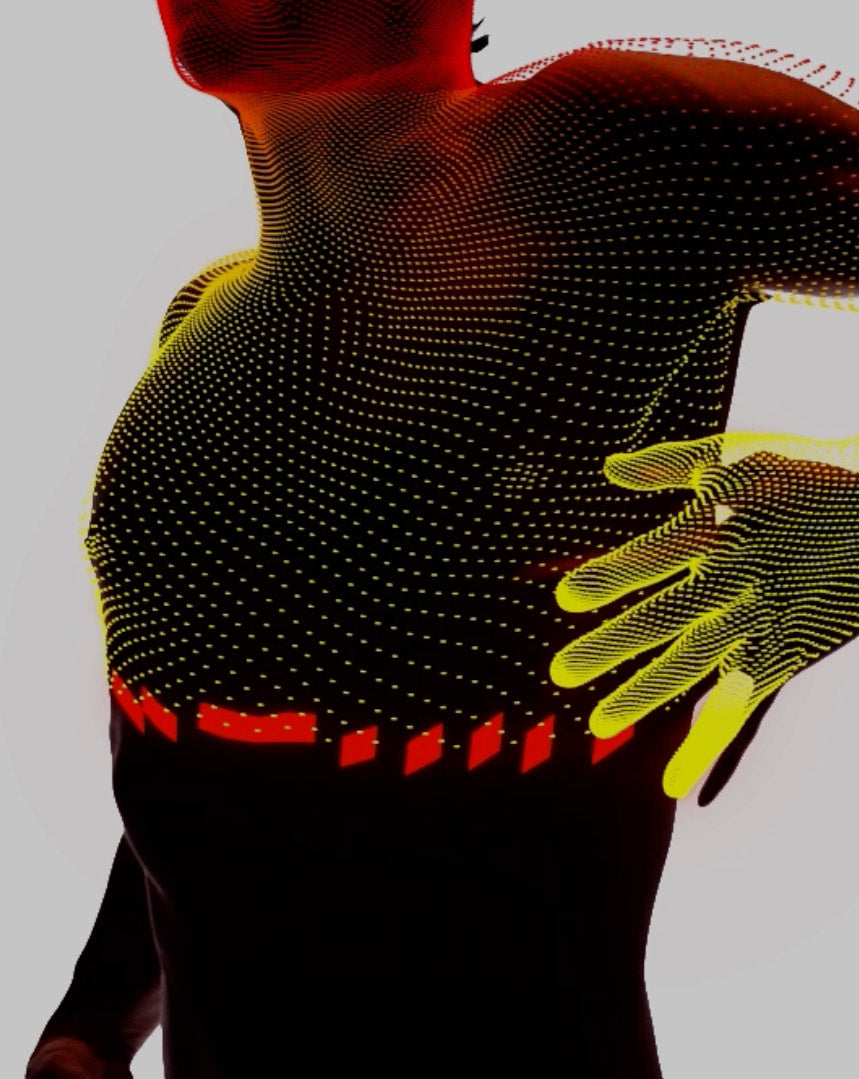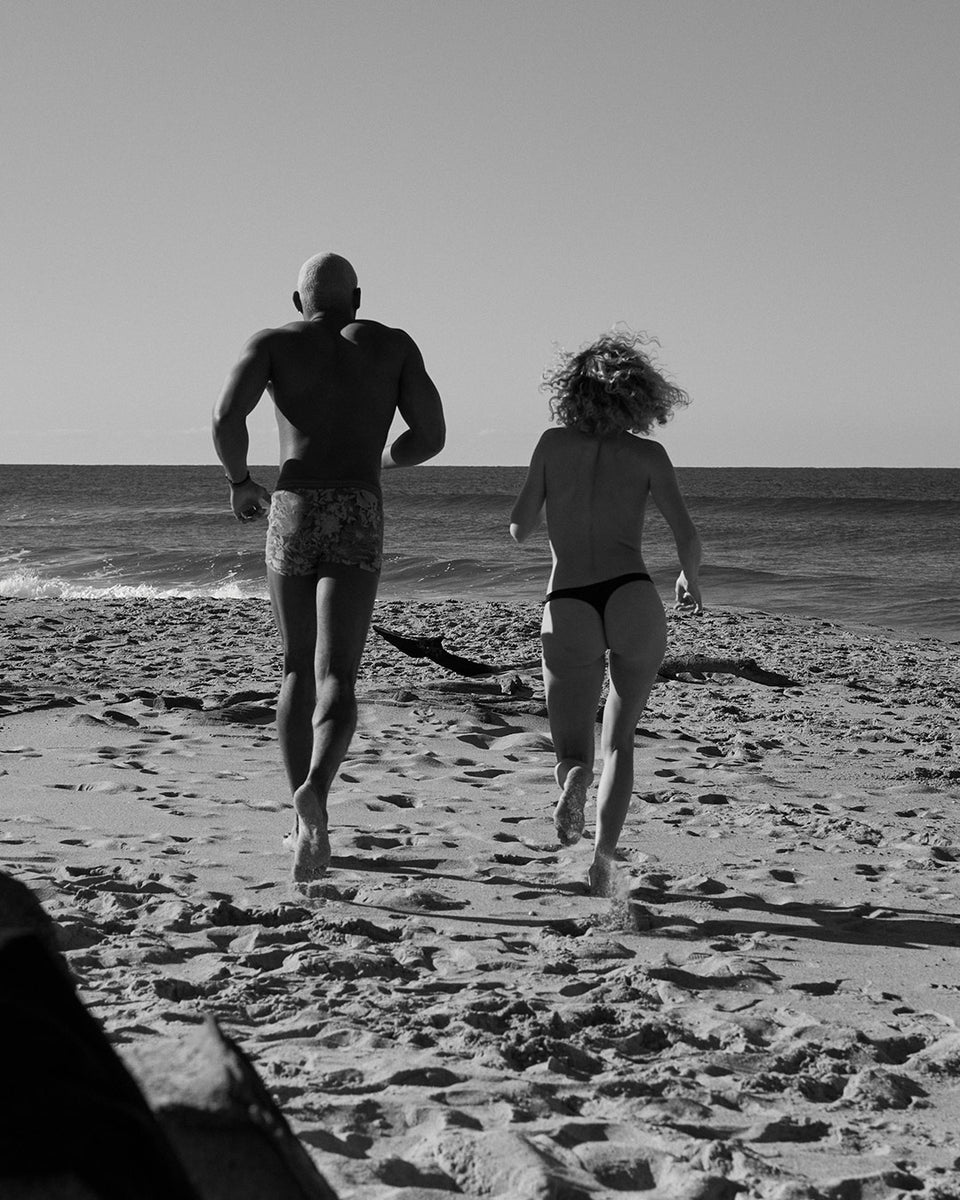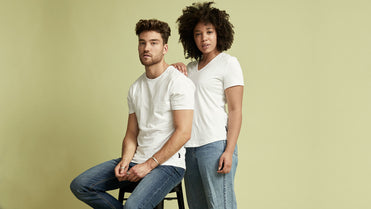Blue is calm and confident: the shade of law enforcement, Joni’s best album and 8% of people’s eyes. It’s also the colour of our planet’s greatest asset – our oceans.
Quite simply, oceans = life.
Water is the ‘it’ element if there every was one – humans came from the big blue (thanks to evolution), and every single one of us is 60% water (by body weight). The big wet makes up 71% of the Earth’s surface and produces over half of our oxygen. It’s not a stretch to say that the ocean is pretty much omnipotent.
The idea of Australia is arid, but ironically, we’re an island nation defined by the ocean – Pacific on one side, Indian on the other. They’re our literal lifeforce, but they’re in pretty shitty shape. From fading fish populations to sewage, industrial chemicals, runoff, oil spills, mining and litter, our seas are suffocating.
It’s time for an intervention.
Waste of space

"I gazed from the deck at what ought to have been a pristine ocean, but as far as the eye could see – plastic. Bottles and caps, wrappers, and fragments. In the week it took to cross the subtropical high... I never found a clear spot." – Oceanographer, Charles Moore
The Great Pacific Garbage Patch. No, it’s not a new doll, but rather a huge collection of rubbish, a trash vortex of epic proportions drawing plastic from around the Pacific Rim. The defining feature of this gyre of junk is its low density. We can’t see it on satellite. Most of the garbage is micro, but the span it covers isn’t – it’s 1.6 million km2 big.
For every pound of plankton in the ocean, there’s now six pounds of plastic. Think pieces from lighters, toothbrushes, water bottles, pens, baby bottles, cell phones and of course, all those plastic bags only recently banned in the supermarkets. Growing since 1945, this patch is now double the size of Texas, or ~3x the size of France – merde!
But it’s not just a surface problem with the oceans, climate change is causing havoc in the deep as well. One-third of the CO2 in our atmosphere dissolves in the ocean (like a big Berocca), where it’s naturally taken up by marine animals and plants. This ocean life cycle locks billions of tonnes of carbon in the ocean floor for centuries.
Unfortunately, recent studies show the predicted surge in global temperature will disrupt this process of the sea acting as a long-term carbon store – warmer oceans lead to more release of CO2 which contributes to warmer oceans.
Rinse and repeat.
No drop in the ocean

Microfibers have been found in fish, plankton, chicken, sea salt, beer, honey, and tap and bottled water. We also breathe in these plastic particles due to fibre loss from our clothes, carpets, curtains, and other textiles – Ocean Clean Wash
The ocean’s made of water right? Well, yes, but also no. Microplastics under 5mm in diameter have moved in for good, causing huge problems. Pesticide and chemicals used in manufacturing stick to these mini plastic particles, which build up in our oceans, poison our marine creatures and are becoming a fixture in our food chain.
Take your weekly load/s of washing. When you wash your polyester activewear or those faux-natural jumpers (that are actually acrylic), plastic seeps into the sea in the form of microfibres. This domestic duty is where most microplastics come from, 700,000 microfibres at a time. Yes, really. And once they’re in the ocean, these microplastics can last up to 450 years!
This is why we only use 100% natural fibres here at Citizen Wolf. Whether you choose organic cotton, hemp or merino you can be sure that your Magic Fit® Tee will be naturally biodegradable. We steer clear of all plastic (like polyester) for good reason and we also ensure that not a single thread of fabric goes to landfill thanks to our zero waste manufacturing process.
TL;DR be savvy with everything you buy, because your next shop is literally our future fate and Citizen Wolf makes it easy to be part of the solution.
Fashionably wasteful

Every 10 minutes, Australians dump 15 tonnes of clothing and fabric waste. That adds up to 800,000 tonnes, or 31 kilograms per person, every year - Clean Up Australia
Fast fashion has a lot to answer for. The rapacious demand for new, paired with a race to the bottom on price has created a rushed rag trade that continues to harm the planet.
Polyester is a huge part of the problem, accounting for 60% of all fibres made globally. This energy-guzzling synthetic comes from petroleum; 300 million barrels of oil per year to be precise. That’s the equivalent of what Spain uses each year (as in the entire country). And it doesn’t degrade – your average polyester Tee will outlive your children’s children’s children. Yuk.
But here’s the clincher: 33% of all clothes made every year go to landfill unsold – capitalism at its most disgusting.
If COP26 illuminated anything, it’s now ‘threat level midnight’ (for Michael Scott fans). Rising sea levels and climate chaos is ever apparent, so the image of Tuvalu’s foreign minister standing knee-deep in the sea, imploring immediate global action as his country disappears below the water, is striking. “We are sinking, but so is everyone else,” he said.
It’s real, and it’s happening now.
So when you next take stock of your wardrobe, choose timeless, lasting pieces that can layer up and down and see you through the seasons. Quality over quantity is better for you and Mother Earth at the same time.
The ocean pandemic

The current worldwide estimate of daily generated single-use PPE is 1.6 million tonnes per day. This means that approximately 3.4 billion single-use face masks or face shields are discarded every day due to the COVID-19 pandemic – Science Direct
No one could’ve predicted the pandemic, but the sea didn’t see it coming either. Masks, PPE and other equipment have created 26,000 tonnes of pandemic-related plastic waste in our oceans. And while hospital waste makes up 70% of the total toss – the rest is pieces of packaging from online shopping.
Even as the pandemic wanes on land, marine wildlife is still feeling the burden of this pollution boom. A lower level of waste treatment in China and India, paired with a worldwide relaxation on single-use plastics means that these items will end up on the seafloor or your local beach by the end of the century.
Blue your mind
Blue is the world’s favourite colour but also the rarest colour in nature. Think about the calming, serene constancy of the ocean which promotes peace and tranquillity, soothing your brain like a balm. Channel quiet confidence with a Magic Fit® Tee in limited edition Ocean Blue.
How’s the serenity?










